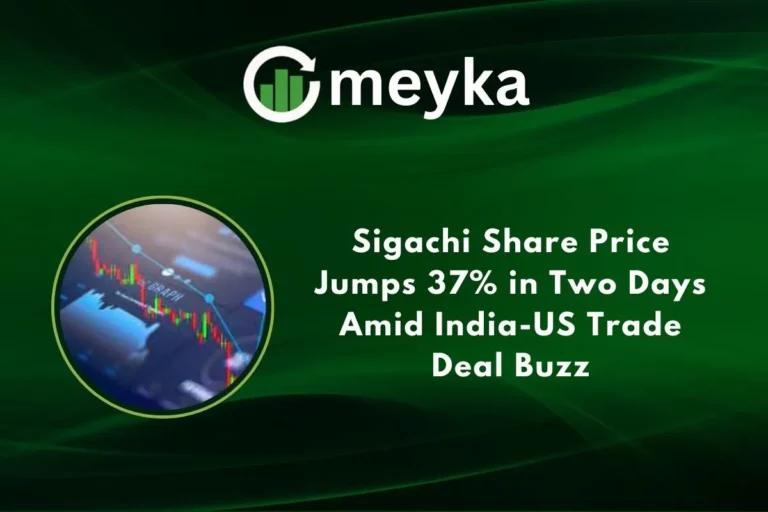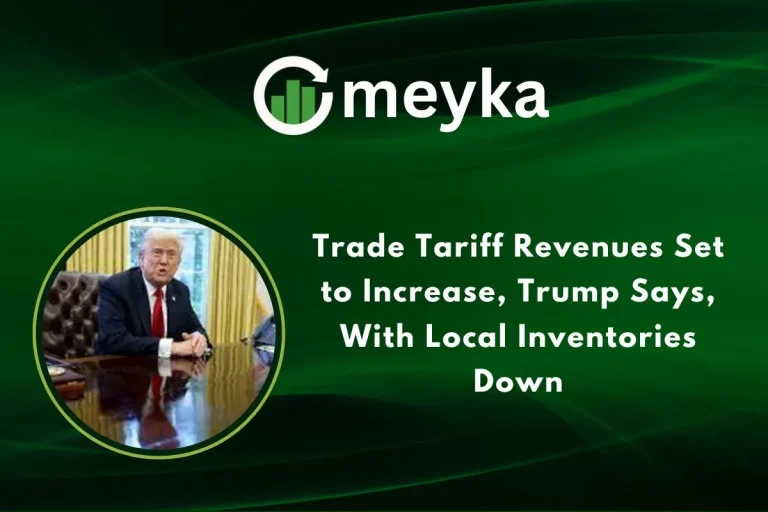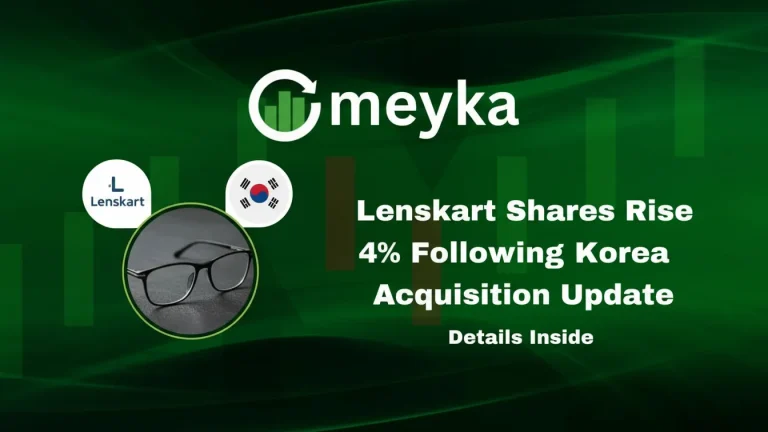Tencent Plans $1B Raise Through First Dim Sum Bonds
Tencent, one of China’s biggest tech companies, is planning to raise $1 billion through its first-ever Dim Sum bond issue. This is not just another fund-raising event. It marks a new step for the company and for China’s efforts to expand the use of its currency outside the mainland. Dim Sum bonds are yuan-denominated bonds sold in Hong Kong, and they have become a tool for global investors who want exposure to China without the complexity of its onshore markets.
We see this move as more than Tencent’s attempt to raise money. It shows how leading Chinese firms are searching for new ways to diversify funding and connect with international investors. It also reflects Hong Kong’s continuing role as a global financial hub, even as the city faces tough competition from other markets.
In today’s shifting financial landscape, Tencent’s decision carries weight. The company’s choice could open doors for more private tech firms to follow the same path. For us, it is a chance to look at why Tencent made this move, how the market may respond, and what it means for the future of global finance.
Understanding Dim Sum Bonds
Dim Sum bonds are bonds issued outside mainland China, but denominated in Chinese yuan (offshore RMB, also called CNH). Hong Kong is the main market.
They let companies tap foreign investors but still use China’s currency. For investors, they offer exposure to the Chinese economy without some of the barriers of onshore bonds. For issuers, they can sometimes be cheaper or give more flexibility than U.S.-dollar debt.
Tencent’s Financing Strategy
According to sources, Tencent plans a three-tranche sale of Dim Sum bonds: maturities of 5, 10, and 30 years. The initial price guidance is around 2.6% for 5 years, 3.0% for 10 years, and 3.6% for 30 years.
We see several reasons why Tencent chose this path:
- It diversifies funding. Instead of relying only on U.S. dollar debt or local Chinese debt, this gives Tencent another tool.
- It strengthens the use of offshore yuan. China has been pushing to internationalize the renminbi; moves like this help.
- In the current global rate environment, a yuan-denominated bond might offer a cost advantage if U.S. rates are high or volatile.
Tencent has also recently reduced its capital expenditures: from 36.6 billion yuan in Q4 2024, down to 19.1 billion yuan in Q2 2025. That suggests more cautious spending, and this bond might help support ongoing investments, especially in AI.
Market and Investor Reaction
Investors are watching closely. Tencent is well-known, which helps. The pricing indication (2.6-3.6%) suggests they expect decent demand. Long maturities (30 years) mean they believe there will be appetite for longer-term offshore RMB debt.
Also, other tech companies (like Alibaba or Baidu) have recently tapped into RMB-denominated or convertible debt to finance AI, cloud, and infrastructure growth. Tencent jumping back in could reassure markets that private tech firms are still able to raise capital overseas.
Broader Implications for Chinese Tech Firms
We think Tencent’s move could encourage its peers to follow. Especially those with strong brands and foreign recognition.
It also signals that companies have alternative funding routes if domestic credit gets tighter. Regulatory pressures in China over tech and data are still a concern, so having offshore funding options gives more flexibility.
Finally, this helps China’s broader goal of supporting the offshore yuan market. More issuers, larger deals, more maturities = stronger infrastructure, better liquidity.
Risks and Challenges
Of course, there are risks.
- Regulatory risk: China’s policies toward tech, data, and fintech can shift. That can affect investor confidence.
- Currency risk: Even though the bonds are in yuan, for foreign investors, there is still risk related to yuan volatility vs. their home currencies.
- Interest rate risk: If global rates rise or U.S. funds become more attractive, demand for offshore RMB debt might weaken.
- Execution risk: Large tranches, long maturities (30 years) are more sensitive to yield/market shifts; Tencent will have to price carefully to ensure demand.
Global Financial Context
The Dim Sum bond market has been growing fast. Corporate issuance has tripled over about three years. In 2024, total issuance hit about 1.7 trillion CNH (~¥1.7 trillion) for offshore RMB bonds.
Also, Hong Kong’s offshore renminbi bond market is on pace for a record year. Investor preference is tilting toward these yuan bonds because of relatively lower Chinese interest rates and attractive yields compared to some Western debt.
Tencent’s timing fits. We are seeing a rise in global capital flows toward Asia, especially from investors wanting diversification or exposure to AI/tech growth in China.
Tencent’s Growth and Future Outlook
Tencent is investing heavily in artificial intelligence, cloud services, and new product development. But in recent months, it signaled a shift: spending more smartly. Scaling back a bit, focusing on sustainable monetization of its AI efforts.
The proceeds from the Dim Sum bond might go toward R&D, paying down some debt, or funding overseas expansion. With global competition heating up in AI, every edge matters.
We expect analysts will watch Tencent’s earnings closely. If revenue growth from AI and cloud can ramp up, Tencent’s risk profile for lenders improves, which can reduce borrowing costs in the future.
Conclusion
Tencent’s plan to raise $1 billion through its first Dim Sum bond issue in years marks a major moment. It shows how big Chinese tech firms are adapting: using offshore yuan bonds as a tool for growth, control, and flexibility.
For the Dim Sum market itself, this deal adds prestige and scale. If it succeeds, more tech firms will likely follow. That can strengthen liquidity, deepen investor trust, and help China’s goal of making the yuan more international.
We believe this move may reshape how global investors think about China’s tech sector, less as risk-only and more as an opportunity with trusted channels. For Tencent, the challenge is execution; for the market, the chance is to grow stronger and more resilient.
Disclaimer:
This content is for informational purposes only and is not financial advice. Always conduct your research.






